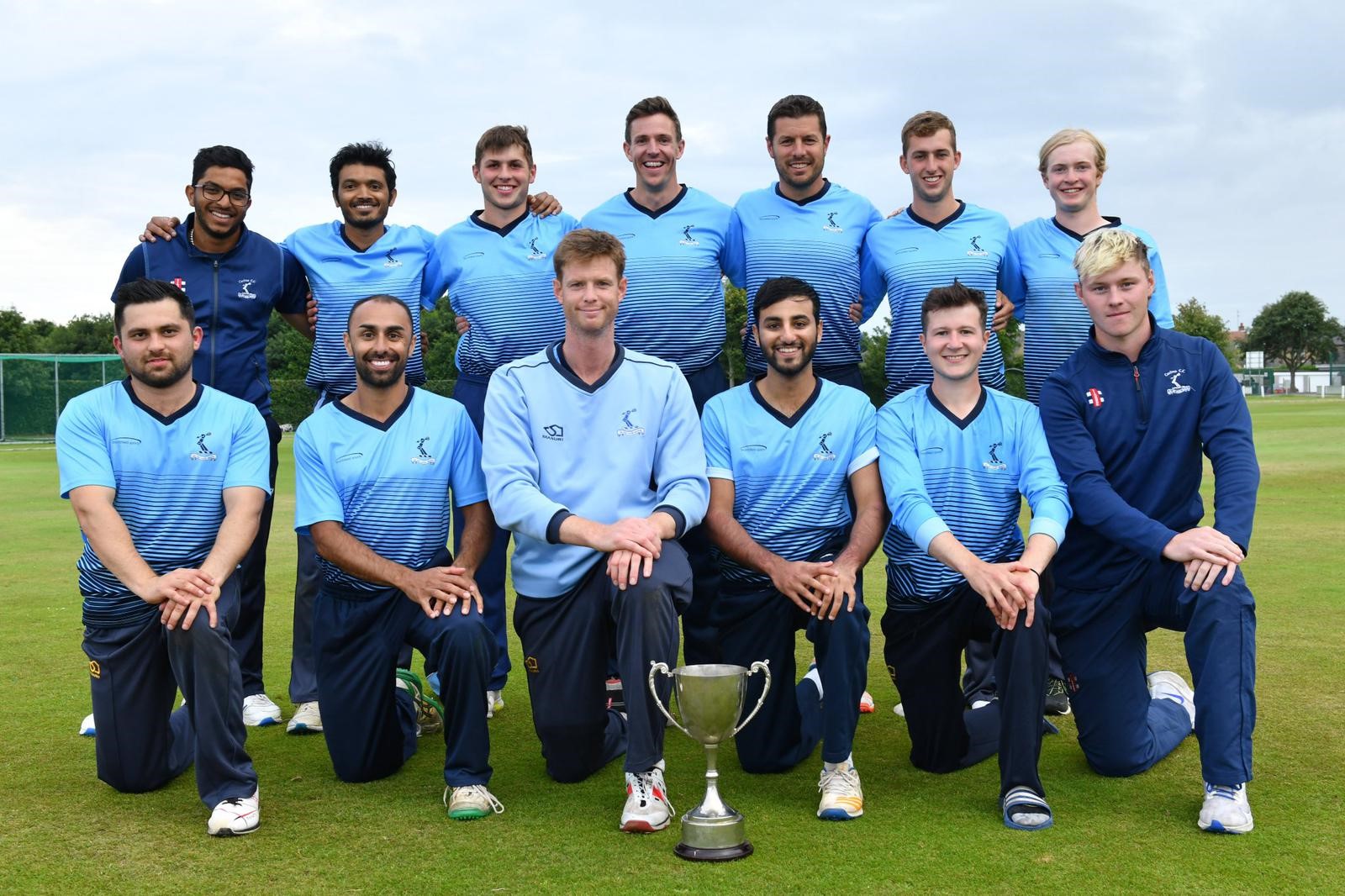Rutherford Cross Professional Services specialist, Fraser Burnett, recently caught up with ex-professional rugby player, Ruaridh Jackson, to discuss his transition from sport to business. Fraser also talks us through his own sporting background and career transition, highlighting the similarities between sport and business within a professional services context.
I grew up in a sporting household, and played a variety of sports, but it is my involvement in cricket that has shaped my life. I have been fortunate enough to represent my country at age group level and play at the highest standard of Scotland’s national leagues for almost two decades. During this time, I have played with and against some of the best players in the country and this has allowed me to learn which skills are essential to be successful in sport.
Now, a month into my new professional role, having transitioned from education into the corporate world, I have realised there are many striking similarities between sport and business: both require strategy, teamwork, resilience and a competitive mindset. In this blog, I want to explore some of those similarities.
Recently, I caught up with Ruaridh Jackson to get his take on the transition from sport to business. After 14 years of playing professional rugby with Glasgow Warriors, Wasps, Harlequins and Scotland, Ruaridh moved into the drinks industry and set up his own business, Garden Shed Drinks Co. He is now working with Glenturret, focusing on the private client side of the business.
Ruaridh explained his career transition in more detail, stating:
“I have really enjoyed my transition from sport into business. I am lucky that I found another passion that I could turn into a career with Whisky. I worked hard whilst still playing to build a network in the industry I wanted to enter, and timing wise, Glenturret was a perfect fit and I’m delighted they took a shot on me. There are obviously massive challenges in the switch, from learning a new job and world, and organising your own schedule and work, but I definitely feel sport has given me many skills which will help me make a successful transition in this new world. Ranging from dealing with pressure, work ethic and people skills, or simply asking questions to help you learn.”
Reflecting on my own experience, coupled with Ruaridh’s insights, I would argue that there are several core elements and behaviours that are significantly transferable between what, on the surface, could appear to be two hugely different worlds.
Have a Plan / Set your Goals
In both sport and business, strategy is essential for success. In sport, coaches develop game plans and strategies to outwit their opponents. In business, leaders develop strategies to achieve their goals and stay ahead of their competitors. Both require careful planning, analysis of the competition, and a clear understanding of strengths and weaknesses. Now, whether playing competitive sport or in a corporate context, my plan remains consistent: I set challenging and aspirational goals, along with clear progressive steps to ensure they remain achievable.
Discipline
All sports require discipline, and athletes understand the value of hard work and commitment. These skills can be transferred to the business world, where discipline is necessary to achieve success. There are, unfortunately, no shortcuts to this. Discipline is going against your natural inclination to lean into what is easy by reminding yourself what you’re trying to achieve; it’s as small as getting out of bed when your alarm goes off instead of hitting snooze, putting in an extra training session on a cold, wet evening or striving for excellence instead of cutting corners.
Teamwork
Another striking similarity is teamwork. In sport, team members work together to achieve a common goal, using their individual skills to contribute to the success of the team; whilst in business, employees work together towards a shared vision, using their skills and expertise to achieve the company’s goals. One of the key ideas that drew me to Livingston James Group is its emphasis on being purpose and values led. ‘Together we achieve more’ is one of our 5 values, and it is the alignment of my personal ideas with the business’s professional values that reassures me that I am part of the right team.
Competitive Mindset
A competitive mindset is necessary in both sport and business. In sport, athletes must have a strong desire to win and be the best. In business, companies must be competitive in their market and strive to be the best in their industry. This requires a commitment to excellence, a willingness to take risks, and a determination to succeed. Personally and professionally, I consistently strive to outperform my previous achievements and to challenge myself, hence my recent career change. Livingston James Group enables me to support others in doing this too, by helping others identify and unlock their professional potential.
Resilience
Sports are full of challenges, setbacks and disappointments, and athletes have to learn how to cope with these difficulties. In business, tough situations will arise, and the ability to overcome obstacles and adapt to changing circumstances is crucial. Like everyone, I have experienced my own disappointments and setbacks and it is those experiences that continue to help me effectively navigate obstacles. There are no secrets to becoming resilient, but by reflecting on challenges and learning from those moments, I can continue to bounce back from setbacks and look for ways to improve.
It is evident that sport and business share many similarities, highlighting the importance of applying principles from one area to the other. By taking lessons learned from sport and applying them to business, individuals and organisations can gain a competitive edge and achieve success.
For more information on our current professional services opportunities, or a confidential discussion around your recruitment requirements or career, please contact [email protected].








